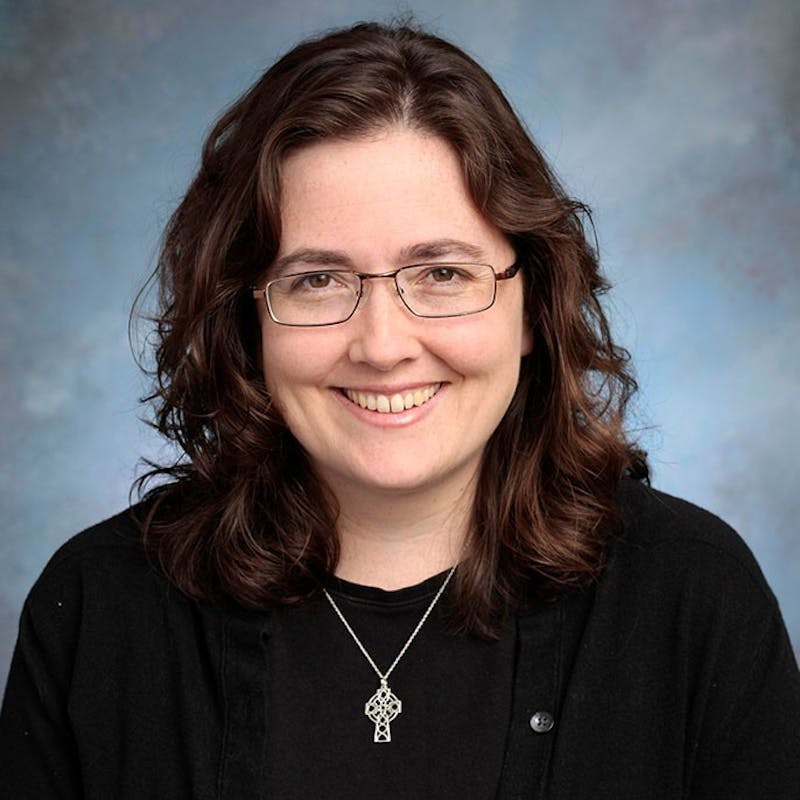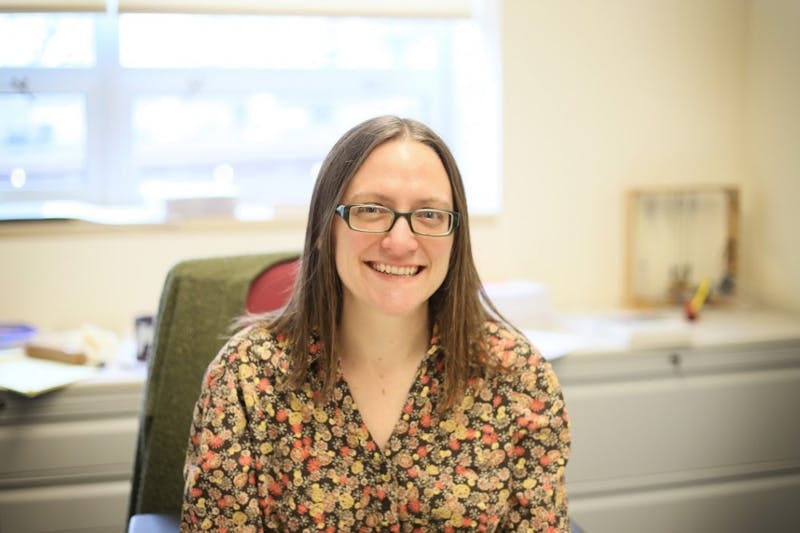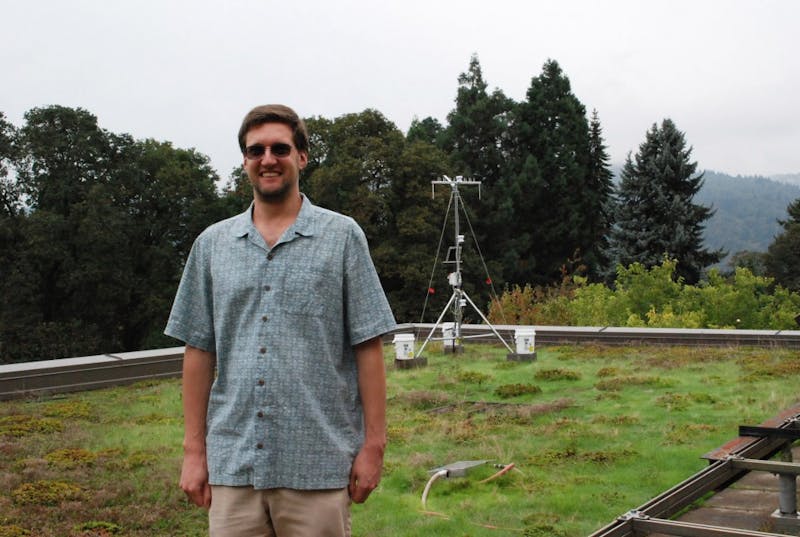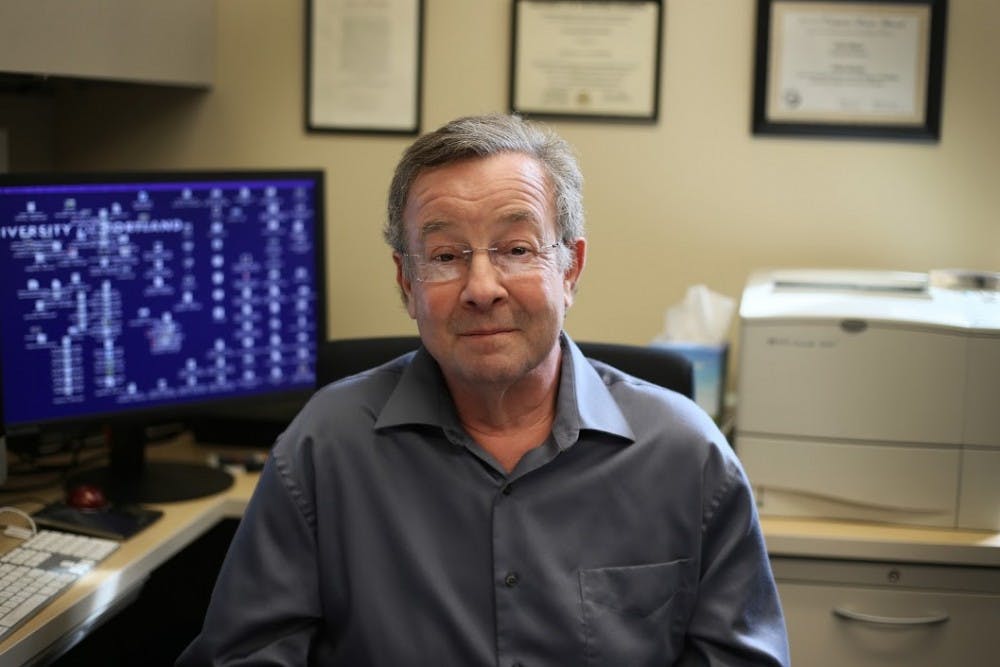Many scientists have expressed alarm over the new administration in Washington as a result of some politicians’ disbelief in climate change, President Trump’s changes to the Environmental Protection Agency and the deletion of information about climate change from the White House website. A “March for Science” is being planned for Earth Day, both in Washington D.C. and in Portland.
The Beacon talked to several science professors on The Bluff to get their thoughts on how these changes will affect policy relating to science and the environment, and what students can do during the next four years to protect the Earth.
Steve Kolmes, chair of the Environmental Science Department
Specializes in: Salmon recovery planning, combining ethical and scientific analyses in environmental policy discussions, water and air quality issues, sublethal effects of pesticides
“You can’t make good policy without good information. You can’t make policy in the dark, and there’s a disregard for the facts in this administration that’s very dangerous in this country. Policy that is based on opinion rather than fact generally fails. Science, at least, has to inform the discussion … This administration seems to have a disregard for empirical evidence. And I hope that they mature beyond that point. This country did not become great by being weak in scientific literacy. Abandoning science is not going to make us great.”
Listen here for Kolmes' comment:

Heather Dillon, Professor of Engineering
Specializes in: Energy Systems, Renewable Energy, Energy Efficiency, Thermal and Heat Transfer Applications
“(Students should) think about things they can do as individuals that are beneficial in a holistic way, no matter what party you’re a part of. Becoming more knowledgeable about energy efficiency and the environment is a useful thing to anything regardless to what side they’re on… Can we do small things in our lives to be good humans to other people? That’s an individual choice you can make, and it’s pretty non-partisan.”
Listen here for Dillon's comment:

Cara Poor, Professor of Engineering
Specializes in: Fluid Mechanics, Environmental Engineering, Project Management and Design, Hydraulics, Water Resources, Interdisciplinary Design
“Having a well-informed understanding of climate change is important, if someone is going to have a strong opinion about it, they need to study it and understand it. That’s what frustrates me, that a lot of politicians don’t understand the science behind it. And I see that as a problem. Maybe that’s what we as scientists could do a better job of, making the science clear to the public.”
Listen to here for Poor's comment:

Ted Eckmann, Professor of Environmental Science
Specializes in: Atmospheric Sciences, Oceanography, Green Energy, Geology, Ecology, Conservation, Remote Sensing, Geographic Information Systems (GIS), Natural Hazards, Environmental Policy
“Ideally science should be separated from political processes … I worry that some people will get the wrong idea seeing a bunch of scientists (at the March for Science). But I hope people will understand that we’re not protesting republicans or republican scientists, we’re protesting that this administration is not using science to make its decisions, and, far worse than that, denying valid science and removing scientific data from federal government websites. I haven’t seen them changing or fabricating data on these federal government websites, but I wouldn’t put it past them, since they’re obviously getting caught in lies just about every day with other lies they’re saying...
This administration’s grasp of reality and facts is quite troublesome. I mean, the Bowling Green Massacre, that didn’t happen. The march is ideally not the best way to get attention for what’s going on scientifically, but if that’s what we need to do, I’m prepared to participate.”
Listen here for Eckmann's comment:








